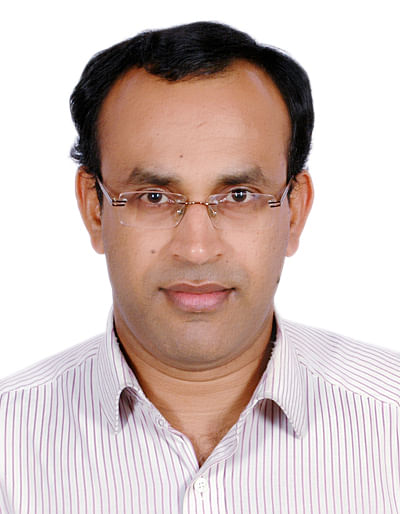UPSC plans AI-based surveillance to prevent cheating

New Delhi: The UPSC plans to use facial recognition and artificial intelligence-based CCTV surveillance systems to prevent cheating and impersonation in its various tests.
The decision comes amid the furor over irregularities in national-level competitive exams such as NEET-UG and UGC-NET conducted by the National Testing Agency.
The Union Public Service Commission (UPSC), a constitutional body, recently floated a tender to invite bids from experienced public sector undertakings to devise two tech solutions — Aadhaar-based fingerprint authentication (else digital fingerprint capturing) & facial recognition of candidates and QR code scanning of e-admit cards, and live AI-based CCTV surveillance service — to be used during the examination process.
The UPSC conducts 14 major exams, including the prestigious civil services examination, besides a number of recruitment tests and interviews every year for induction to Group ‘A’ and Group ‘B’ posts of the central government.
An estimated 26 lakh candidates are expected to appear for such recruitments, conducted at a maximum of 80 centres spread across the country.
"Provision should be made for a real-time attendance monitoring system through secured web servers. The system should have a provision for real-time monitoring of the enrolment activity along with GPS coordinates against every enrolment and time stamp to ensure that enrolment is done during the stipulated shift," the tender document said.
The UPSC said that facial recognition should be performed in a completely stateless transaction of two images — one provided during the online registration and the other captured on the day of the exam.
"The service provider has to install adequate number of CCTV colour cameras in every classroom (minimum 1 CCTV camera for 24 candidates), entry/exit gate and control room (where pre-examination sensitive material will be kept and opened and post-examination sensitive material will be packed) of every examination venue," the document said.
In case of the exam hall/room having more than 24 candidates, one CCTV camera for every 24 candidates shall be installed ensuring that the CCTV camera to candidate ratio is not less than 1:24 and that there are zero blind spots, it added.
The tender document said, AI-based video systems need to be capable of generation of alerts "if any movement is detected at entry/exit gates during examination" and "if the furniture inside the classrooms is not properly arranged".